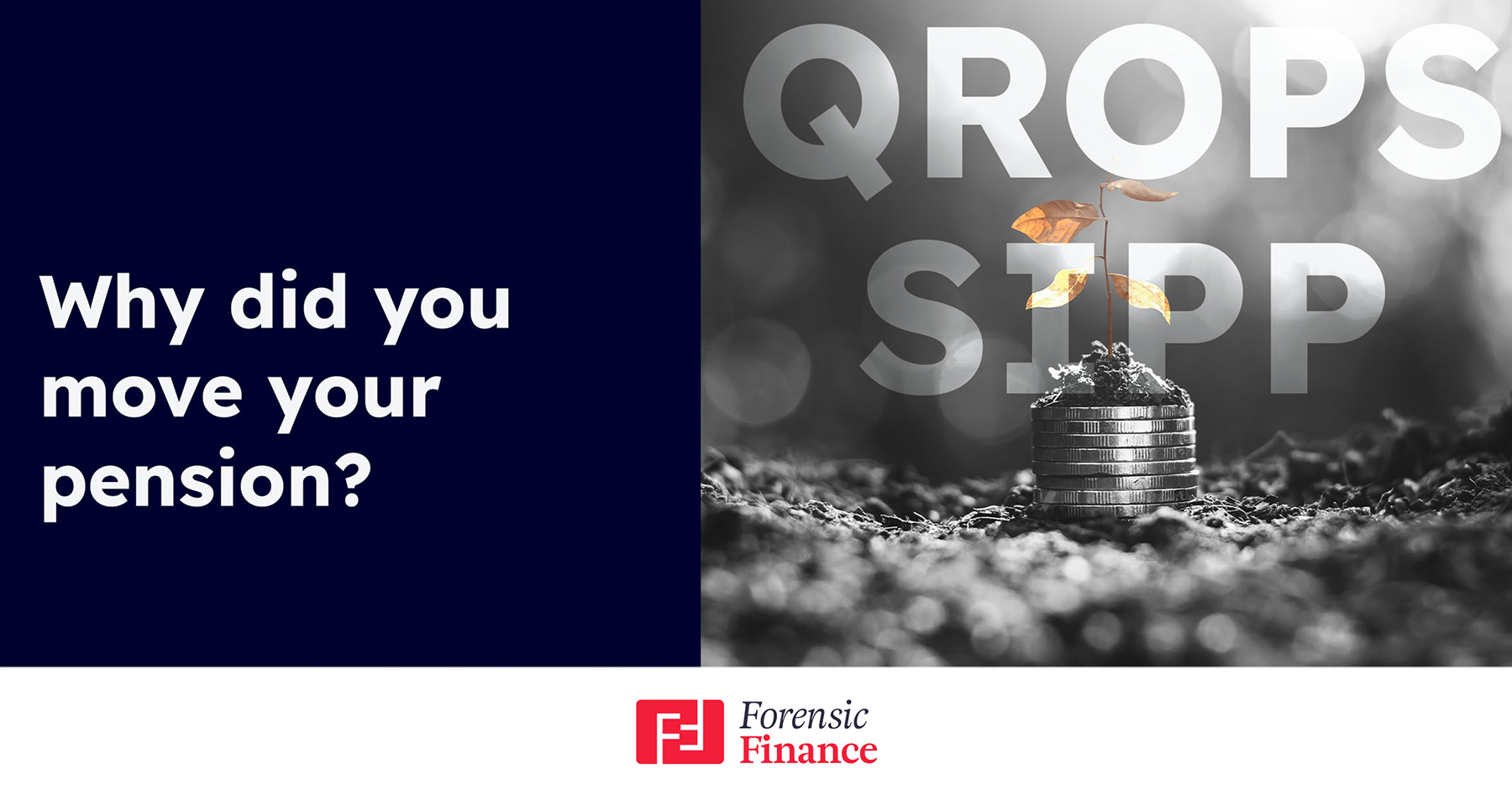When one is in the grasp of an illusion, or, for that matter, whenever one has a new idea. Instead of scientifically searching to prove this idea, using the Scientific method, for example, trying to disprove it, to break it and prove it wrong. Instead, one usually searches for ways to prove the idea correct.
Psychologists call this confirmation bias, and it presents a significant impediment to our ability to break free from misinterpretation.
The great Francis Bacon understood this way back in 1620. He stated, ‘The human understanding, once it has adopted an opinion, collects any instances that confirm it, and though contrary instances may be more numerous and more weighty, it either does not notice them or rejects them so that this opinion will remain unshaken’.
By the way, a bit of a tangent. However, Francis Bacon was one of the greatest minds who ever lived. He invented the scientific method. He quoted at the time that the three most essential inventions known to man were ‘Gun Powered, the magnetic compass and Printing’.
Also, he was responsible for writing the complete works of Shakespeare. Anyway, enough of that and back to confirmation bias:
To make matters worse, not only do we preferentially seek out evidence to confirm our preconceived notions, but we also interpret ambiguous evidence in favour of our ideas.
This is a big problem because data is often ambiguous.
So, now, being aware of this, how can we legislate to counter it in our lives regarding investments?
Using heavily diversified portfolios is one way. Trying to be scientific always, and let the numbers do the talking.
Authors note:
The above passage is primarily credited to Leonard Mlodinow, from his excellent book ‘ The Drunkards Walk.”
Also, our statement about Francis Bacon writing the complete works of Shakespeare is taken up from Virginia M Fellows’s book, The Shakespeare Code, which we highly recommend you read, though it has nothing to do with Finance!
We know you may have decided and entered into whatever portfolio you are currently in good faith.
Related posts:
All PPBs are provided by insurance companies, so in essence, they are insurance products. However, yet further categorisation comes into play here, as they are known in the insurance industry as insurance-wrapped investment products.
Your pension is your asset, just like any other, So it's reasonable to expect that when you finally shuffle off this mortal coil, your pension doesn’t shuffle along with you, landing squarely in the tax man's pockets.
You may have at some stage in the past, between 2006 and now, transferred your UK pension to either a qualified recognised overseas pension scheme, QROPS or an international Self-Invested Pension Plan, SIPP. If you have, then this article is for you.
As we get older, our perspective changes, different things interest us, priorities shift and targets are adjusted.




